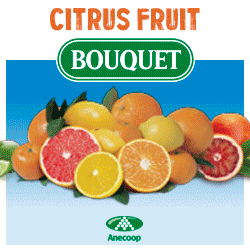The cold treatment measure for imported oranges comes into force this week in the European Union.
- Published on 11/07/2022 - Published by FRUITROP
- Free
European orange market
Informations
- Product(s) : Orange
- Rubrique / Thématique : Direct from the markets
- Country : Africa , South africa , Cape verde , Europe , Israel , Madagascar , Mauritania , Reunion , Zimbabwe
- Keywords : Import , Legislation , Pests and diseases
With the publication of Regulation (EU) 2022/959 in the Official Journal of the European Union on 21 June, the European Commission has confirmed its decision to impose cold treatment on imported oranges from areas where False Codling Moth is present.
In concrete terms, this measure will involve a transitional regime for the current season and a double cold treatment alternative from the 2023 season onwards;
- From this season onwards, the European Commission will require countries where False Codling Moth has been declared (South Africa and Zimbabwe, Madagascar, Reunion, Cape Verde, Mauritius and Israel) to pre-cool to 5 degrees Celsius before departure and to treat in transit at -1 to 2 degrees for 25 days.
- From 2023 onwards, there will be two possibilities: cold treatment between -1 and 0 degrees for 16 days or cold treatment between -1 and 2 degrees for 20 days. In both cases, in line with standard practice in this area, operators will be required to pre-cool to 0 and 2 degrees. Among many other technical requirements, this proposal will require monitoring with sensors to produce records for inspection purposes.
The transitional regime will apply from 14 July to all imports entering the EU market until 31 December 2022, while the definitive regime will apply from 1 January 2023. While similar procedures exist on the South African side for other export markets (Japan, USA, Thailand...), this is a first for the European market and some legal uncertainties remain. This is the case in particular for the customs document that the exporter must produce before dispatch, the form of which has not been laid down by this regulation.










